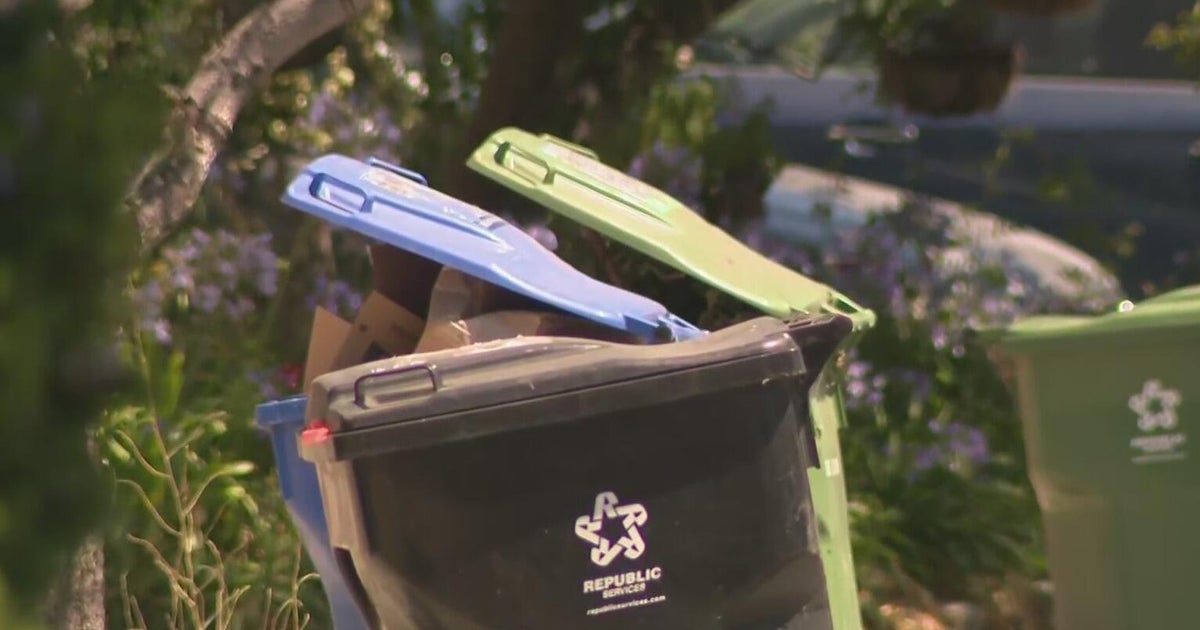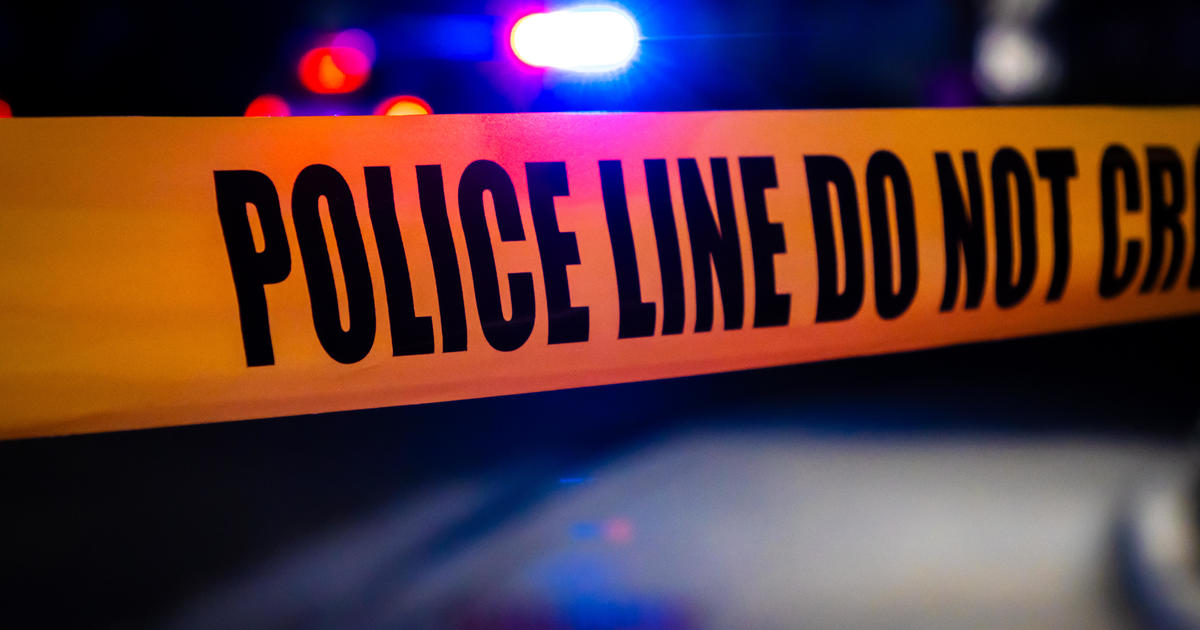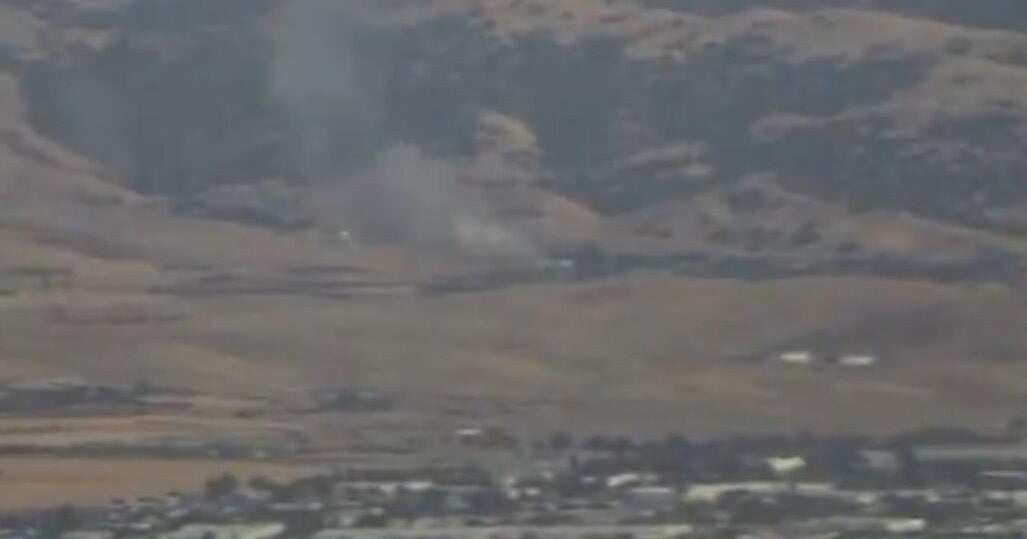MTC Uses High-Tech Traffic Reporting To Decongest Bay Area Freeways
(KPIX 5) -- You may have noticed how good real-time traffic reports have gotten on your phone. The accuracy, which shows traffic backups in real time, is nothing short of amazing.
It's gotten so good thanks to a blend of old and new methods for gathering and analyzing data.
And it starts in the asphalt itself. Caltrans has embedded thousands of these sensors in more than 1,500 lanes of roads.
The battery operated devices are spaced 20 feet apart and detect the change in pressure as vehicles pass over. The data is then transmitted to the local Caltrans headquarters in Oakland where tech companies can download it.
"Time is money, and anybody in the Bay Area knows when you're stuck in traffic, you lose productivity," said Caltrans spokesman Bob Haus. "So as long we keep things moving, that's money in the bank for everyone."
511.org, the Metropolitan Transportation Commission's real-time traffic site, contracts with the Washington-based Inrix. These days, the biggest source of traffic data is mobile phones with anonymous GPS tracking, giving location and speed. Blend in reports on construction and accidents, and drivers are empowered to pick faster routes.
"It's those decisions multiplied many thousands, hundreds of thousands of time," said Metropolitan Transportation Corporation spokesman John Goodwin. "If people are making smarter decisions, then the whole system works better."
And then there's Mountain View-based Waze, which is crowdsourcing traffic reports from 50 million users. They proactively report incidents using the mobile app, often as they drive by.
That data is fed to Waze's parent company Google, so that you not only know where the backup is, but also what's causing it. It can shave minutes off a trip.
"When you apply that to 50 million users, you start to see really large global differences in the amount of overall time saved, the amount of emissions conserved, the amount of overall money conserved," said Waze spokesman Trak Lord. "That's something big."
Metropolitan Transportation believes that with these technologies, it will be possible to squeeze another 20 percent of efficiency out of Bay Area freeways.



